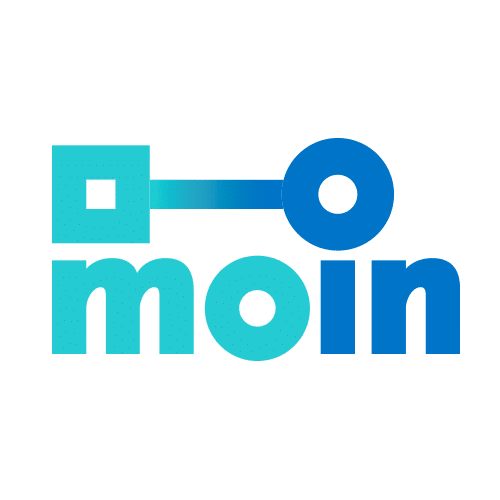Blockchain-based money service provider Moin has been waging a lonely battle to get a government license. The government has been delaying the review of its application beyond its 60-day deadline.
In January, Moin applied with the government to get a money transfer service license. It wanted to enable people to transfer $30,000 overseas per case.
At the instruction of President Moon Jae-in, the government agencies formed the Regulatory Sandbox Panel.
The panel was to facilitate the development or testing of innovative technology solutions. The committee was to provide alternative regulatory mechanisms to disruptive technology developers unless they protect the rights of consumers.
However, the panel is reportedly negative on the blockchain-based cash transfer service. The government still believes people could abuse the service for money laundering, capital flight, and tax evasion.
The service is attractive for customers as they can save time and cost in cash transfer overseas.
Currently, South Korean banks demand outdated documents for transferring cash overseas. Strict limits are set on the amount of cash transfer per person.
Customers must submit the same updated reports each year. Bankers said the anachronistic documentation requirement is to comply with the Korean tax office. Also, cash transfer fees are expensive.
Although South Korea is negative on allowing the blockchain-based cash transfer service, IBM has recently unveiled its Blockchain World Wire service available in 72 countries. World Wire is a cross-border payment solution.
관련
기사제보 및 보도자료: press@blockmedia.co.kr
▶ 블록미디어 유튜브 바로가기 https://www.youtube.com/blockmedia
▶ 블록미디어 텔레그램 바로가기 https://t.me/blockmedia
▶ 블록미디어 페이스북 바로가기 https://www.facebook.com/blockmediakorea/

